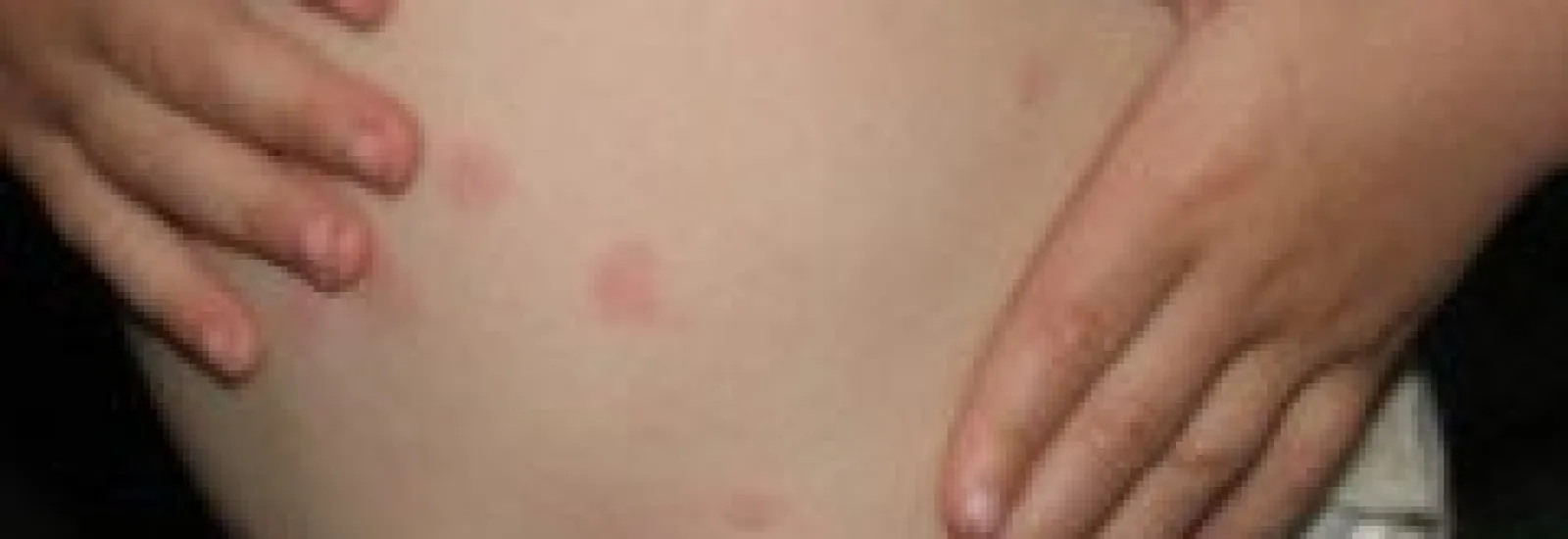
Urticaria treatment: what you need to know about this common reaction
Urticaria more often referred to as hives is a common ailment that can be caused by many different substances and conditions. According to the American College of Allergies Asthma and Immunology (ACAAI) about 20 percent of people will experience hives at least once in their lives. Hives themselves are not considered life-threatening though they may accompany an anaphylactic reaction which does require emergency medical attention. Typical urticaria treatment is straightforward and may be done over the counter or with the help of your doctor.
Uticaria symptoms
Hives usually start out as an itchy patch of skin that develops into a reddened or pinkish welt that is slightly raised. These welts can spread over the entire body or stay localized to one area. They may disappear and then reappear in a different spot on the skin. Pressing on the reddened areas will cause them to temporarily turn white.
Urticaria causes
The American Academy of Dermatology (AAD) lists some common allergens. If someone who is allergic to one of these things (e.g. medicines bug bites animal fur pollen latex foods like tree nuts and shellfish) encounters it the reaction may trigger hives. Hives can also come from infections and illnesses exposure to sun or extreme temperatures stress chemical contact and skin irritation from pressure or scratching.

Urticaria treatment
Your dermatologist or general practitioner can usually diagnose hives with a simple exam. As the AAD notes treatment for hives usually involves the use of antihistamines which block the chemical in your body that stimulates the allergic response.
Several antihistamines are available over the counter and are effective for mild to moderate hives. You may need to use a combination of antihistamines for the treatment to be effective but consult your physician for guidance.
For more severe cases a short course of corticosteroids may be prescribed. Other treatments are available as necessary but your doctor may also administer a shot of epinephrine for severe urticaria. According to the ACAAI you may be prescribed an epinephrine auto-injector if you have recurrent anaphylactic reactions to some substances.
If possible you should identify the cause of your hives and avoid the trigger. For some people that may require allergy tests blood tests or a skin biopsy.
For most people hives are an occasional annoyance that happens with exposure to certain substances — but it’s important to get evaluated by a dermatologist if you experience persistent symptoms do not get relief from over-the-counter medications or need help determining the trigger of your hives.
Image source: Flickr

